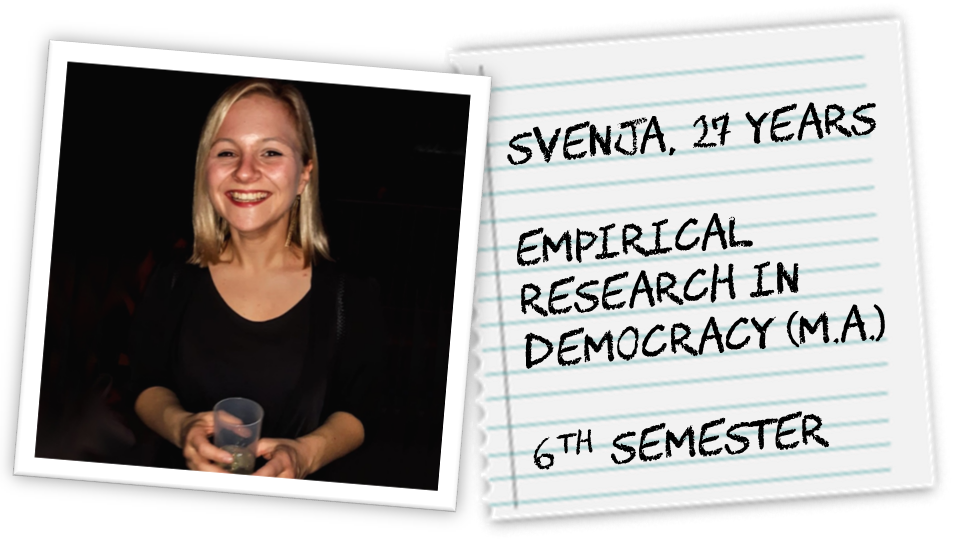
Political science refers to the scientific analysis of political activity and political behavior at the national and international level. Political science inquires as to how the political system reacts to the problems facing society today, like mass unemployment, climate change or citizens' dissatisfaction with political authorities. Political scientists are interested in which particular policy proposals are formulated and implemented in order to solve these problems. Apart from the process of deciding and administrating public policies, political science is concerned with political institutions (e.g., parliaments, elections, the European Union), and the actors involved in the political process (e.g., political parties, voters).
Modern political science is commonly divided into six subfields, all of which are covered by research and teaching at the JGU Institute of Political Science. These include:
- German politics and Political Sociology
- Comparative Politics, International Relations
- Political Theory
- Political Economy
- Methods of Political Science.
Pursuing a degree in political science at Mainz University enables students to acquire substantial knowledge in all of these fields while receiving thorough training in research techniques and methodology (e.g., survey research).
Graduates pursue careers in academia as well as in the media, the private sector, market and opinion research, public administration, politics and political consulting, civic education, Public Relations, and international organizations.
Study Programmes
Bachelor of Arts
Political Science (Two-Subject-B.A.)
- fact sheet
- as major subject (details from the department)
- as minor subject (details from the department)
Bacoelor of Education
Social Studies
Master of Arts
Empirical Democracy Studies
European Studies
Trinational Master in Opole (Poland), Mainz (Germany), and Dijon (France)
Political Economy and International Relations
Master of Education
Social Studies
Students' voices

"A large part of the degree was aimed at acquiring the tools to be able to analyse political systems, players, and decisions. Now at the end of my studies, I have realized that what initially seemed somewhat tedious and dry, is the biggest strength of the program."
